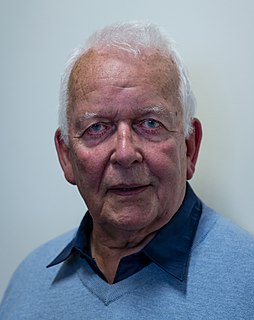A Quote by George Brandis
The thing about Dickens is you either love him or you hate him and I fell in love with Dickens, I fell in love with his prose style and I decided that I wanted to read the whole Dickens verve during the course of my life.
Related Quotes
Dickens's final book, 'The Mystery of Edwin Drood,' forms the jumping-off point for my new novel, 'The Last Dickens'. This last work by Dickens has very little social commentary and a pretty tightly efficient storyline and cast of characters. Not necessarily what we think of when we think what characterizes Dickens.
I was a kid when I read Jane Eyre and fell in love with that universe. I didn't have the acumen to say the prose is old or the prose is too complex. I just fell in love with Jane's very lonely soul, much the same way I fell in love with Frankenstein's creature for the same reason. Those old souls exist in every decade in every century.
We are herding the young in that direction so that they are not sitting still and contemplating, Goddamn it, a page of exquisite prose by Charles Dickens, which is filled with rage about poverty and the need of a household to survive. That's not in the table for consideration now. And people don't understand that beautiful rage of Dickens because they don't share it. They haven't got time to worry about an oppressed culture, a subclass.

































